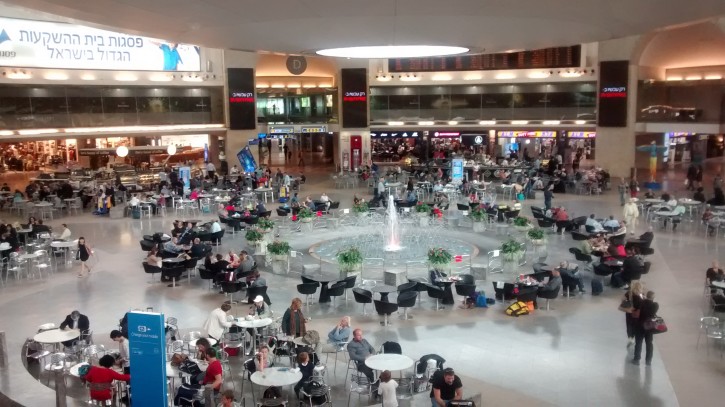
Jerusalem – The Knesset Committee for Immigration, Absorption, and Diaspora Affairs anticipates that ten thousand Jews will immigrate to Israel from France in 2016, topping the record number of 7,900 immigrants who moved to Israel from France in 2015.
An additional 3,000 people are expected to immigrate from the United States and 7,000 people from Russia and Ukraine.
Committee Chairman Avraham Naguisa said on Wednesday, January 3 that the Israeli government is preparing to receive these immigrants. “This is a national mission and a window of opportunity for Zionism. It is also an economic mission for the Jewish people, for the State of Israel, and for Israeli society,” Naguisa said.
The figures are based on evaluations made by the Jewish Agency and the Ministry of Absorption. According to Yigal Amitai from the Knesset Spokesperson’s Office, the estimations for the year 2016 were based on the number of immigration files opened with the Jewish Agency.
“Not everyone who opens a file completes the process, but there is more or less an average of how many will complete it and actually move to Israel,” Amitai told Tazpit Press Service (TPS).
Amitai claimed that the reason for the expected rise in immigration is the prevalence of anti-Semitism affecting Jewish communities.
Russian Jewish Congress President Dr. Yuri Kanner said that while anti-Semitism is on the decline in Russia and while Jews and Muslims there enjoy a “good and tolerant” relationship, anti-Semitic incidents are brought to the fore through media broadcasts by nationalist parties.
The point was made more emphatically by President of the Conference of European Rabbis (CER) and Chief Rabbi of Moscow Rabbi Pinchas Goldschmidt. “Jews of Europe are like a man standing on train tracks facing the train of radical Islam in one direction and the train of European anti-religious sentiment in the other.”
The Israeli government has already begun undertaking a series of measures to ensure a smooth absorption and integration process. Amitai told TPS that the main obstacles that new immigrants will have to overcome stem from economic and language barriers and concerns about their children’s education.
Amitai noted the academic Hebrew courses that have been available for several years and their importance as a prerequisite to any career. “Obviously, people cannot practice their profession if they cannot communicate with their clients or patients or colleagues so academic Hebrew courses are very important.”
Many qualified professionals, even those who already speak Hebrew, are required to re-qualify in Israel by passing Israeli license exams before they can begin working. This law has recently been amended for dentists, who may begin working in Israel immediately if they have at least five years of professional experience.
“The new amendment to the law allows some to bypass the exams and it makes the transition easier. At the moment, we are starting with dentists and it will take a little more time, but more people will soon feel the easing of conditions when they move here,” Amitai said.
Amitai added that the Ministry of Education and the Ministry of Health are already investing heavily in education and healthcare for new immigrants. He cited the army as a tool of integration for young people not simply because of its authentic Israeli environment but also because it provides many benefits for new immigrants not offered to Israeli-born soldiers, such as subsidized living costs, monthly stipends, and more.
As reported by Vos Iz Neias
